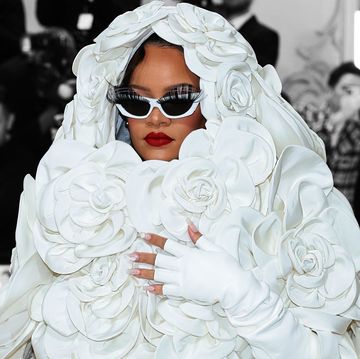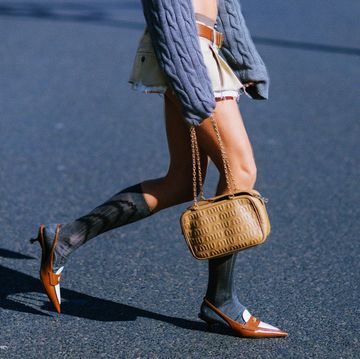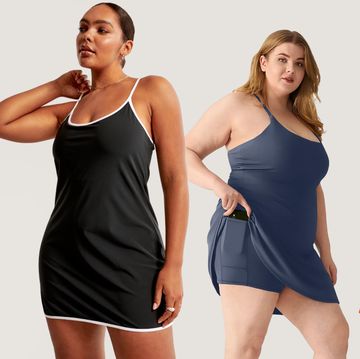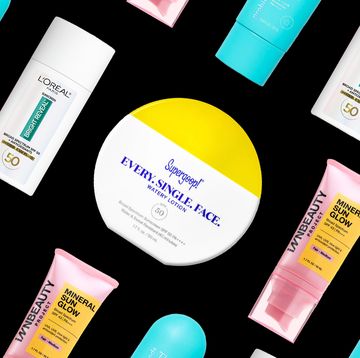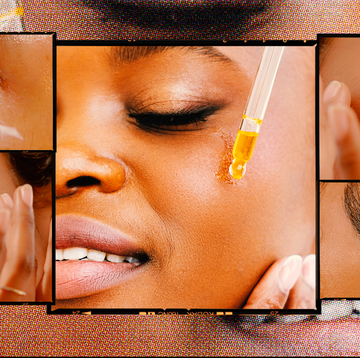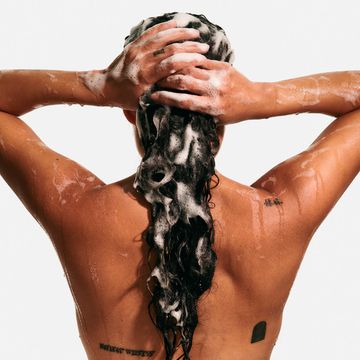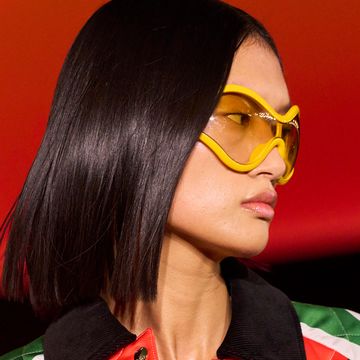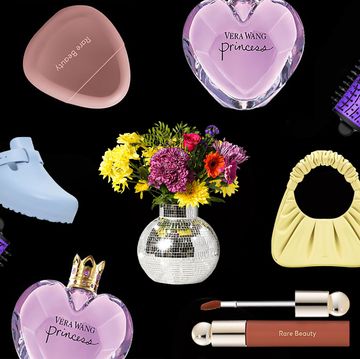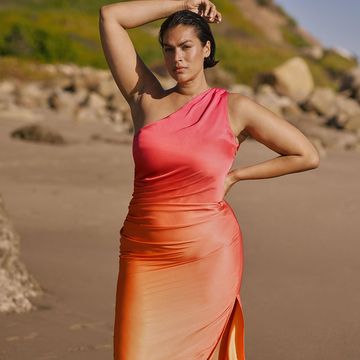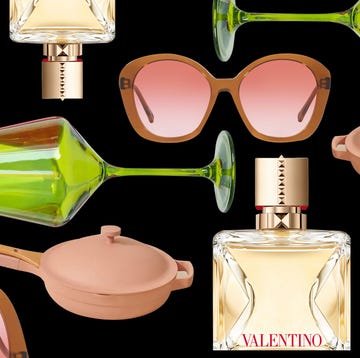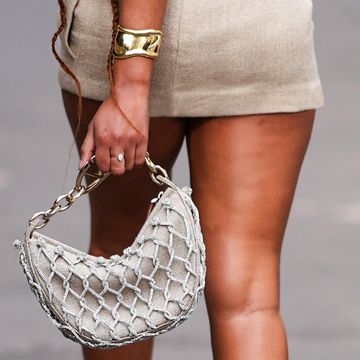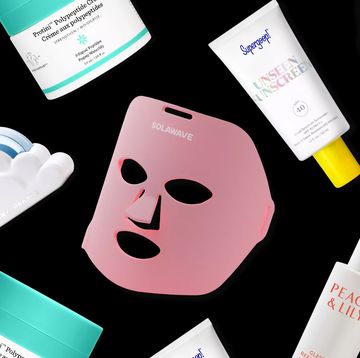The French government is close to passing a bill that would ban models with a BMI of less than 18 from getting hired. That means a model who is 5-foot-10 would need to weigh at least 125.5 pounds in order to be eligible to work in France.
How do models feel about the potential ban of extreme thinness in the fashion capital of the world? We asked and got responses ranging from enthusiastic to ambivalent. Read on to hear these real models' tales.
Lyndsey Scott
"I was an All-American 400m runner at 5-foot-9 and 108 pounds during college. Perfectly healthy but still way under an 18 BMI. Bodies naturally come in all shapes and sizes, thin and otherwise. Even people with eating disorders can have a so-called healthy BMI. Perhaps they should have doctors check for signs of anorexia and bulimia instead of making assumptions based on weight. Having a bunch of tall, thin, pretty, potentially healthy teenagers cram cupcakes for two weeks and fill themselves with fat injections until they're runway-ready might sound like a great idea for a reality show, but really, is forcing some models into a thicker body type that may not be natural for them the best way to solve a health problem? There has to be a better solution. It would be great if the industry would be more representative of different ethnicities and body types in general."
Aline Fernandes
"I left Brazil when I was 16 and was doing fashion modeling in Milan, Paris, and Germany before moving to New York when I was 20. We slept 11 models in one apartment. You see who's eating, who's not eating, what they're eating. The girls who wanted it really badly just didn't eat. They needed to look a certain way for a particular client and that's what they're about. You're 15, 16, and you just want to be cool and fit in.
"For me, I got into yoga pretty seriously when I moved to the U.S. My body started changing, not just because of the yoga but because I was becoming a woman. But at that point, it wasn't cool to be fit or athletic if you were in fashion. I would go to some jobs and they'd tell me to move the way I was holding my arm because it looked too fit and muscular. There was a lot of pressure on me to be thin when I was doing fashion. I transitioned into doing more lifestyle modeling because I wanted to be healthy and I was strong enough to not get affected by the pressure. Things are getting better for the industry though. Having the law in France would be wonderful. The whole world is going in that direction. It's beautiful to see that the new standard of beauty is one of health. We're all human. We're not hangers."
Sierra Anderson
"I understand that this industry is very hard on girls. Some agencies say that you have to be a certain weight and height. I've never felt threatened in the industry, but I have felt out of place when I've been on certain runway castings. That's where you see more underweight models. It's out there. There are people who are extremely hard on themselves and who've gone through weight issues. Their confidence isn't where it should be. I feel like it's good to let people know that [extreme thinness] is not healthy and it's not a look people want to see. People want to see natural women who work out and eat healthy and are not frail."
Amanda*
"I was initially signed to my modeling agency to be in the fashion department. Honestly, I didn't like going to those castings. They're based on measurements and numbers. I couldn't put aside that this industry is perpetuating really damaging standards for girls. It's not necessary for people to be skin and bones.
"One time, during Fashion Week in New York, I went to a casting. They were like, 'Oh, great, you're a size 4, can you come in? We're looking on the larger end of things.' The other girls were at their skinniest because it was Fashion Week. It's really unnecessary torture. I was at another casting for a designer's private showroom for a designer. Her sample sizes were 0 to 2. She was just looking at our bodies. She looked at me and said, 'Thank you, you're so beautiful, but I'm looking for girls with really small heinies.'"
Chloe*
"The motivation behind the legislation makes sense. We do want to promote positive body image with our girls. But it penalizes those who are smaller naturally. The only solution is to accept women as they are. Have more size opening in general. Instead, the samples are getting smaller every year and you have to fit the samples.
"I'm a size 4 and when I started out, agencies would find interesting ways of telling me I wasn't small enough. 'You're more girl-next-door, but if you slim down, we can see your features better.' 'We can see your cheekbones if you lose weight.' 'It's just your baby fat. Maybe when you're more of a woman and your face slims out...' I've been told that my butt's too big, but I'm a black girl. If I lose weight, my butt's still there. It's about proportions.
"I'm 28 and I have model friends my age who are trying to stay the size they were at 17. Not only does it completely kill your self-esteem because you're punishing yourself for becoming a woman, it creates a deeper cycle of self-loathing. You're watching your calories every day. You're thinking, I better walk to this casting instead of taking the subway because I had fries. That burger is not going to make you five pounds heavier and keep you from working tomorrow. But we have a sense of urgency because of the career path we've chosen. The problem is not going to be solved by legislation. We have to have a complete reformation of what we believe beauty is."
*Names have been changed.
Follow Helin and Charles on Twitter.

Helin Jung is a writer and editor based in Los Angeles. She was formerly the executive lifestyle editor of Cosmopolitan.com.




